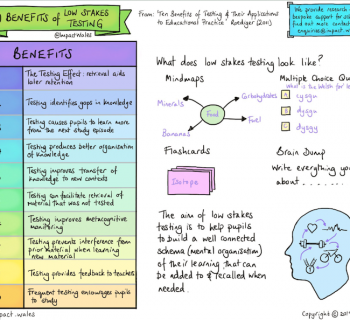Predicting the future of labour markets is not easy at the best of times. And this is not the best of times. The problems include the long lasting effects of the financial crash, the impact of government austerity policies (and non impact of qualitative easing) as well as rapid changes in the way we work and in the technologies we are using.
Essentially future labour markets are modelled using existing labour markets, with the proviso of different scenarios according to disruption. At the moment disruptions are seen to be overriding the base model, resulting in much uncertainty.This is a big issue for young people setting out on a career or indeed for those thinking of changing jobs or of entering education and training.
The real problem with modelling is that there is no consensus on what is happening with today's labour markets. Lately this debate has spilled out from more academic and economic journals into the popular press, with predictions of a severe squeeze on middle skilled work, especially office work, due to the introduction of robots, machine learning and artificial intelligence. Yet a new study by Dr Andrea Salvatori of the Institute for Social and Economic Research calls such concerns into doubt.
Although she recognises a bifurcation of labour markets with a decline of middle skilled jobs, rather than robots, the cause, she suggests, is the expansion in university education, "which has led to a tripling in the share of graduates among employees, accounting for the entire growth in top-skilled occupations, as well as a third of the decline in middling occupations."
"In parallel, the relative performance of wages in high-skill occupations has deteriorated relative to mid-skill ones, indicating that the supply of workers for these jobs outpaced demand and contributed to the continuing shift from the middle to the top. These facts are highly suggestive that the improvement in the education of the workforce has contributed significantly to the reallocation of employment from mid- to high-skill occupations."
Andrea Salvatori says that far from being threatened by technology the wages of middle skilled occupations have risen in line with high skilled professions, which she suggests may be due to the increased use of technology.
This debate is important. It suggests that rather than the disruption by technology (which it is always presumed as inevitable) it is government policies over education and training that are responsible for the shrinkage in middle skilled jobs. It could also be suggested that that lack of such jobs may in part be to blame fo the persistently low rate of increase in productivity in the UK, especially when compared with Germany which has continued to train for middle skilled jobs through its apprenticeship system.







